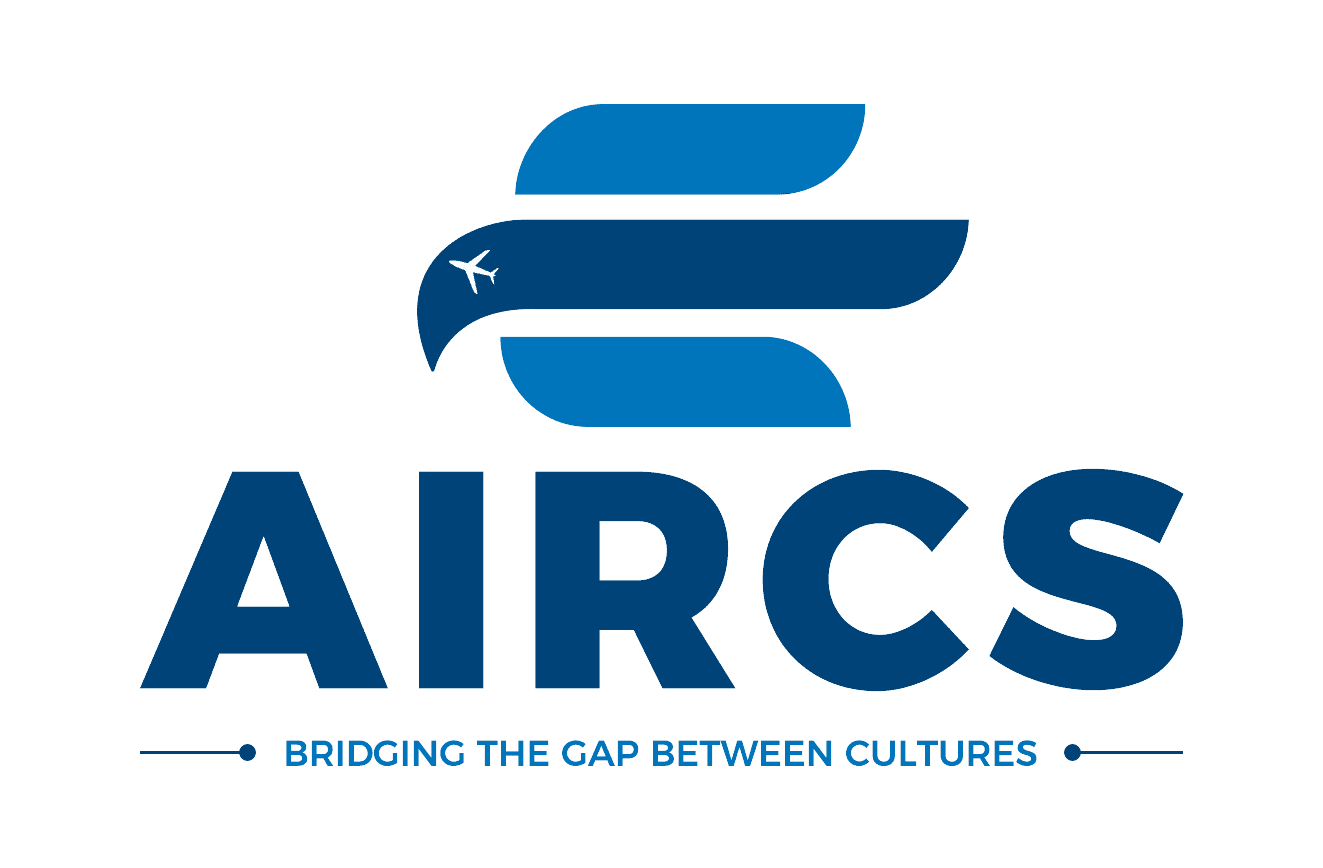Introduction
Canada is widely recognized for its high quality of life, making it an ideal destination for families seeking stability, safety, and prosperity. For Pakistani immigrants, raising children in Canada presents numerous advantages, including access to world-class education, comprehensive healthcare, and a culturally inclusive environment.
With expert guidance from AIRCS Immigration Consultants, one of the best immigration consultants in Faisalabad, families can navigate the immigration process smoothly and start building a secure future in Canada.
Key Benefits for Families in Canada
- Access to Quality Education
One of the most significant advantages of raising a family in Canada is the country’s exceptional education system.
- Free Public Education: Canadian public schools offer free education from kindergarten to high school, ensuring that children receive a strong academic foundation.
- Subsidized Childcare & Early Learning: Many provinces provide affordable daycare programs , making early childhood education accessible for working parents.
- Higher Education Opportunities: Canada is home to globally ranked universities, offering scholarships and financial aid to international and immigrant students.
- Comprehensive Healthcare System
Canada’s universal healthcare system ensures that families have access to high-quality medical care.
- Free or Low-Cost Healthcare: Public healthcare covers essential medical services, including doctor visits, hospital stays, and emergency care.
- Children’s Health Benefits: Many provinces offer special health programs for children, covering dental care, vision, and prescription medications.
- Maternity & Parental Leave: Canada provides generous parental leave policies , allowing parents to bond with their newborns without financial stress.
- Multicultural and Inclusive Society
Canada is known for its multiculturalism and diversity , fostering a welcoming environment for immigrants from all backgrounds.
- Cultural Integration Programs: Various community centers and organizations help Pakistani families adapt to Canadian society while preserving their cultural heritage.
- Religious Freedom: Canada respects religious diversity, allowing families to practice their faith freely. Mosques and halal food options are widely available in major cities.
- Bilingual Education: English and French are Canada’s official languages, providing children with opportunities to become bilingual and expand their career prospects in the future.
Financial Support and Family Assistance Programs
The Canadian government offers various benefits to help families achieve financial security.
Housing Support Programs: Affordable housing initiatives ensure that families have access to safe and stable living conditions.
Canada Child Benefit (CCB): A tax-free monthly payment that assists parents with child-rearing costs.
Childcare Subsidies: Financial assistance is available for low-income families to cover daycare expenses.
Why Choose Canada for Your Family’s Future
Canada offers a balanced lifestyle, ensuring that families can enjoy economic stability, personal growth, and community support . With a strong emphasis on education, healthcare, and social welfare , the country provides a secure environment where children can thrive.
By consulting with AIRCS Immigration Consultants, the top immigration consultants in Faisalabad , families can receive expert guidance on moving to Canada and making the most of these opportunities.
Conclusion
Raising a family in Canada comes with numerous advantages, from free public education and comprehensive healthcare to multicultural inclusivity and financial support programs. Pakistani immigrants can build a bright future in Canada, ensuring stability, security, and success for their children.
For personalized immigration assistance, reach out to AIRCS Immigration Consultants , the trusted experts in helping families settle in Canada successfully.
Resources for Further Information
- Government of Canada Immigration Portal – Official visa and settlement information.
- Canada Child Benefit (CCB) Program – Details on financial assistance for families.
- Canadian Healthcare System – Understanding health coverage and services for immigrants.
With the right guidance and planning, moving to Canada can be a life-changing opportunity for Pakistani families looking for a prosperous and secure future.


